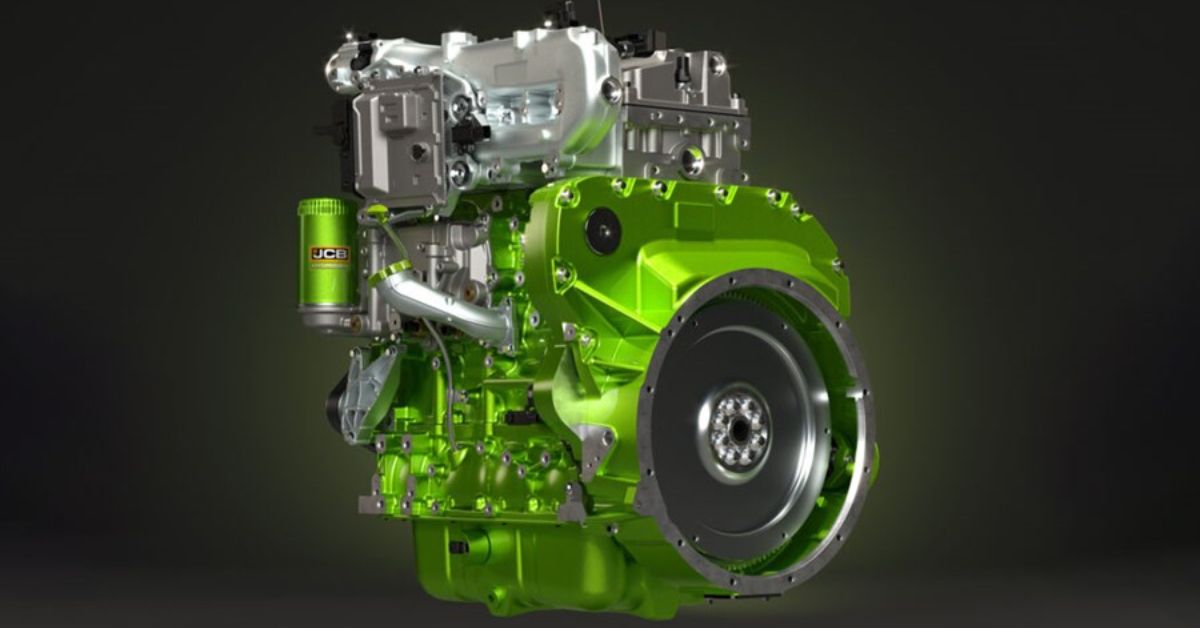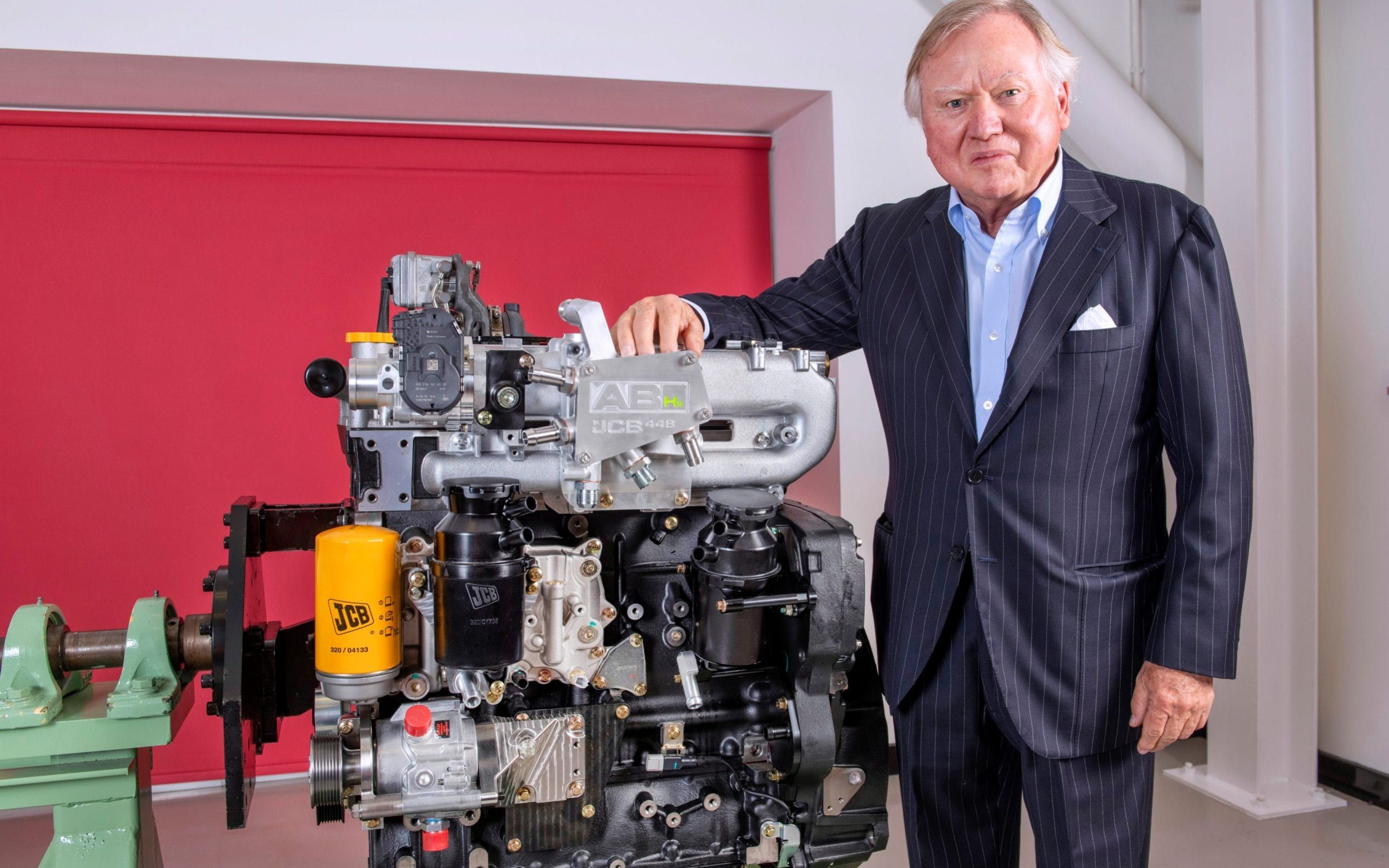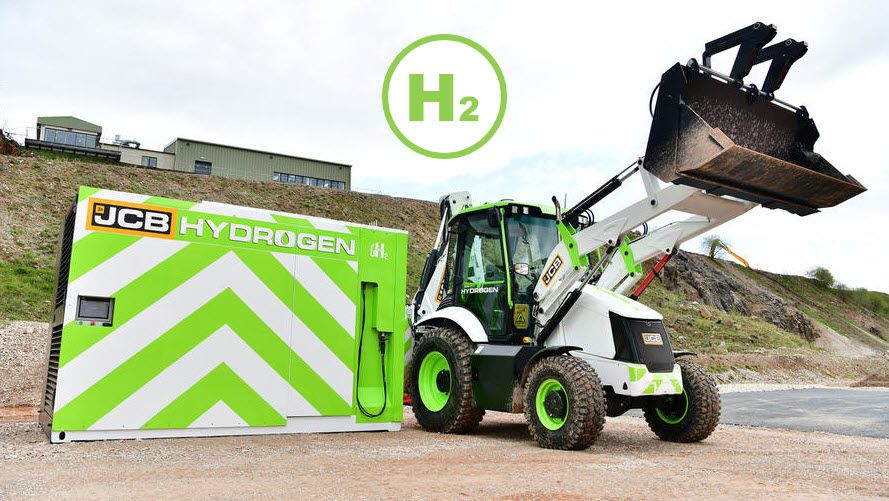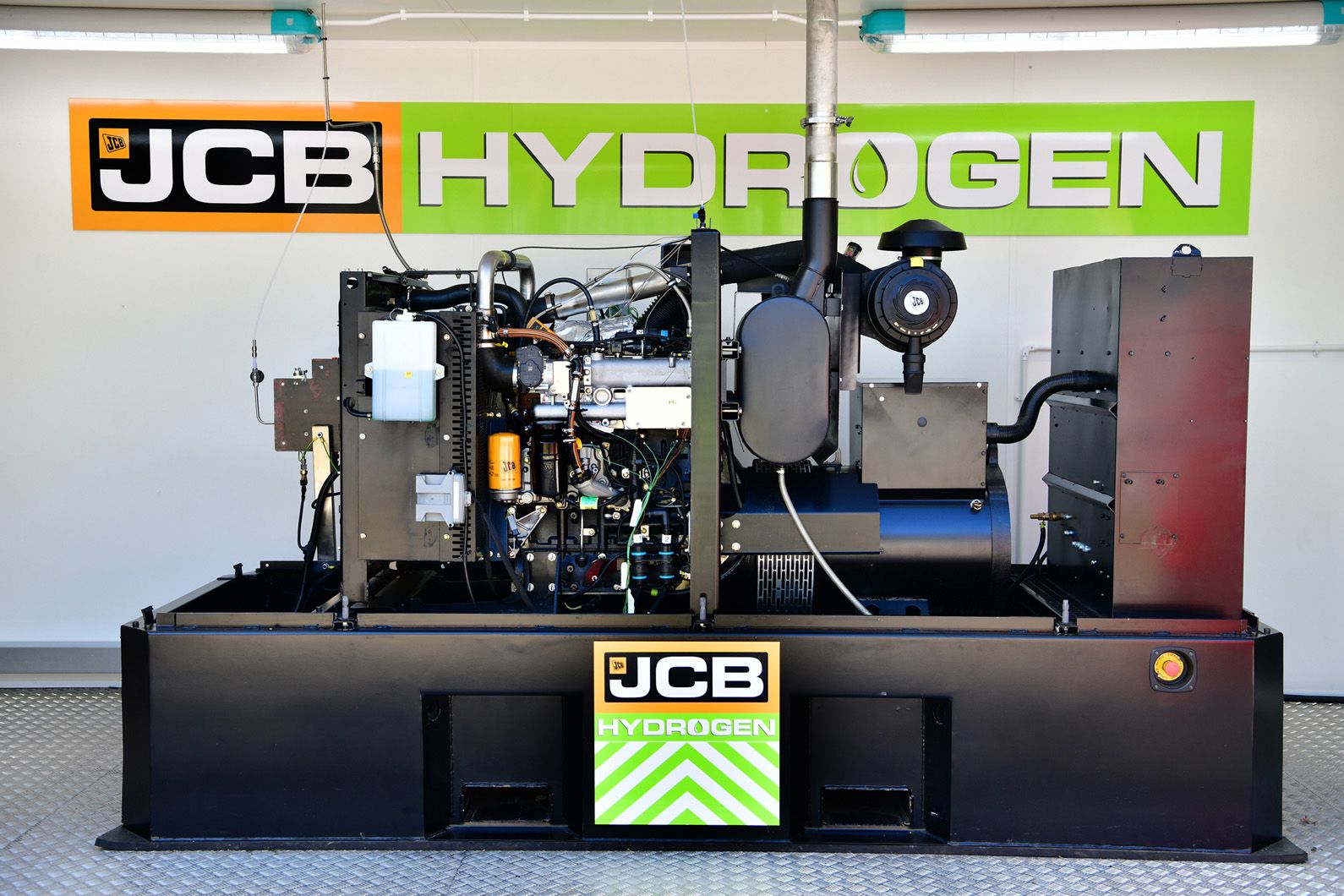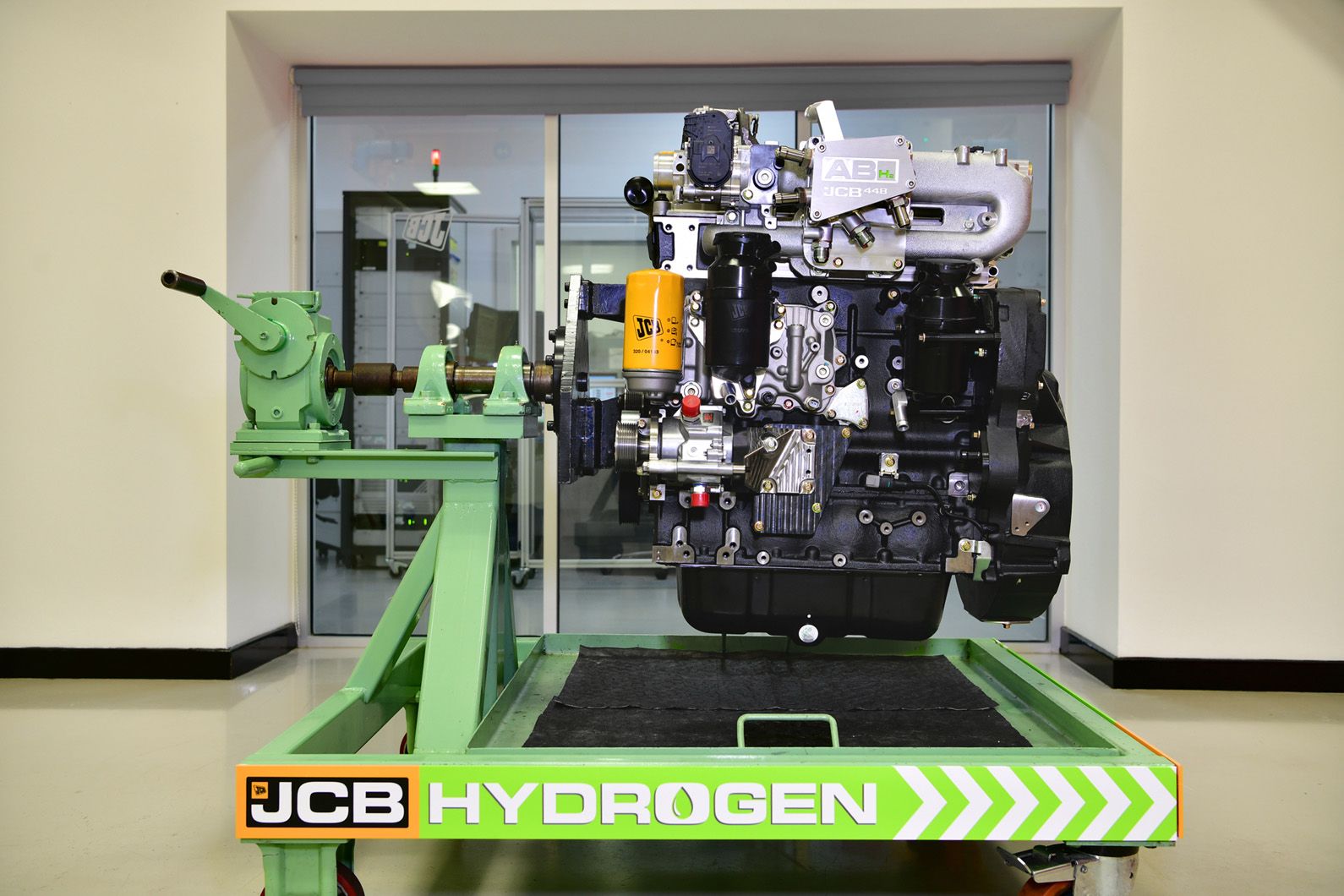Green energy is where the world is headed. Even though hydrogen isn’t as popular as EVs are, the energy source is booming with potential and seems far more practical than other zero-emission alternatives. While hydrogen is popular in its fuel-cell guise, an internal combustion version is perhaps not as familiar. Although previous hydrogen engine attempts have made headlines, it’s JCB that's really pushing the engineering boundaries here.
JCB’s newly-developed hydrogen-powered internal combustion engine is a zero-emission alternative to electric cars and fuel cells. As a manufacturer of heavy-duty machinery, JCB is well aware of the issues with electrifying an excavator or a backhoe loader. Mind you, the company has multiple working electric and fuel-cell machines in their lineup. So it’s not like they haven't tried them.
The British heavy equipment manufacturer reckons hydrogen engines can bridge the gap between utilizing existing combustion technology while keeping things simple, inexpensive, and emissions-free. In this latest Harry’s Garage video, JCB explains how their hydrogen technology is almost production-ready and that it's the future of all such heavy machinery. Who knows, it might even, one day, trickle down to passenger cars.
Is A Hydrogen Combustion Engine Possible?
As they say, necessity is the mother of invention. JCB was struck with the problem of going zero emissions without sacrificing power and cost of purchase. In a previous Harry’s Garage episode, Lord Bamford, Chairman of JCB, mentioned that passenger cars, on average, run about 300 hours per year. In contrast, a regular heavy-duty backhoe would have running hours close to 10 times that amount. He adds that in countries like India, machines of this scale run for at least 5000 hours per year.
So, to have electricity run an industrial equipment for eight hours at the minimum requires significantly more batteries. Not only does it skyrocket the costs involved, but it will add a ton of complexity and increase the overall weight. Therefore, engineers had to think radically.
Lo and behold, the JCB hydrogen engine was born. Currently, JCBs operate using diesel. But by extensively reworking their engine, engineers were able to run it using hydrogen fuel. According to JCB, nothing but steam is emitted from the tailpipe—zero CO2 at its point of use. What’s more, JCB claims that its prototype backhoe loader, fitted with this new hydrogen motor, can do everything its diesel-powered equivalent can do.
Major engine modifications, as pointed out by Engineering Director Ryan Ballard, include changes to the cylinder heads and the incorporation of a low-inertia turbocharger. These were implemented for faster air supply and to accommodate the transition from Compression Ignition to Spark Ignition. Not only does the setup continue to use familiar components, but hydrogen refueling times are just like any conventional fuel. Adding to this is the little-to-no increase in ownership and maintenance costs.
Why Don’t We Use Hydrogen Engines?
There are multiple reasons why a hydrogen engine isn't as common as its diesel or gasoline counterpart. Since EVs are becoming a trend and more government incentives favor electricity than hydrogen, widespread adoption is not as straightforward as other zero-emission alternatives. Also, hydrogen isn’t cheap and is yet to be a clean fuel. However, several industrial-scale electrolyzers are being manufactured around the globe. Even countries like America and India are investing heavily into green hydrogen policies. So it’s just a matter of time before hydrogen becomes cleaner and more affordable.
A known disadvantage of a hydrogen ICE is the production of Nitrogen oxides or NOX. The reason is high operating temperatures. JCB engineers, however, found a clever way to circumvent this by running the engine on a lean mixture of fuel. Hydrogen for a given mass has three times the energy density of its diesel equivalent. This allowed the team to get the same torque figures without running the engine too rich. Another way to get rid of NOX is through selective catalytic reduction, a common practice in modern diesel engines.
Hydrogen Engines And Their Future
Clearly, hydrogen engines are possible. It’s just a matter of infrastructure development, durability testing, and mass-market reception. Over in Europe, the trucking industry is looking at hydrogen as a viable EV alternative. Also, many refueling stations are being opened in France and Germany. Electric trucks have huge weight penalties and recharge times. Moreover, they are too expensive for the average trucker and are difficult/nigh impossible to work on. This is not the case with JCB’s hydrogen solution.
Let’s not jump the gun and call EV the be-all and end-all of transportation. It’s too early to say anything. Everyone’s needs are different. From driving habits to geography and infrastructure, there are multiple variables affecting the adoption of an EV-only roadmap.
We should realize that experimenting with as many options available has better chances of success than forcing everyone to adopt a “possible solution.” Understand that we need to have a diverse range of technologies to reach a carbon-neutral position. We cannot assume that one size fits all. Diversification is key. And hydrogen being abundantly available looks like a practical EV alternative that we shouldn’t turn a blind eye to.
Sources: YouTube/Harry's Garage, JCB

